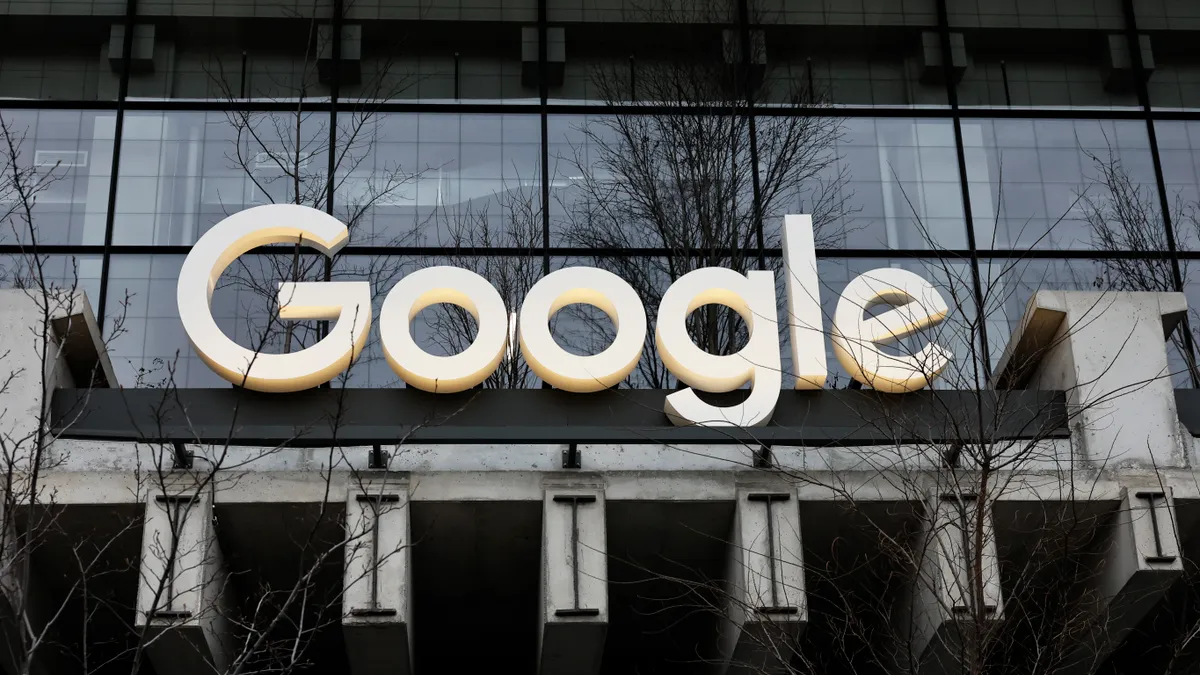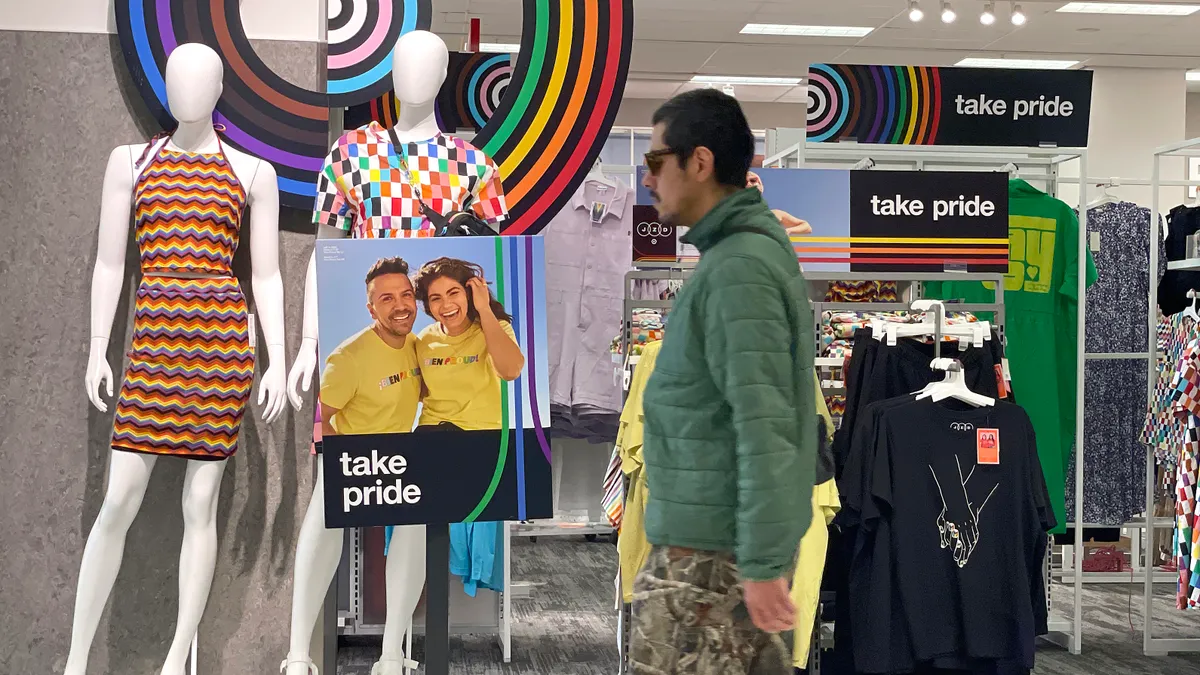Last year marked a major technology anniversary—10 years since the Great App Boom. The start of the app revolution was defined by a series of events rather than a single distinct one: surging smartphone sales despite the Great Recession, explosive popularity of app stores, mainstream adoption of Facebook and Twitter and the emergence of Spotify.
A decade later, it often seems as if we live much of our lives on our devices. For those who may not have typically relied on their mobile devices, the pandemic changed that. With just a few taps on your phone, just about anything you need can be delivered or picked up curbside with little to no interaction needed with companies or employees.
Has it all gone too far? Are we losing the human connection? Consumers and brands are still figuring it all out, but when it comes to how businesses approach their relationships with customers, Houston, we have a problem.
Companies have spent billions of dollars and countless hours in recent years to create digital initiatives to better serve the connected consumer. That's certainly logical and necessary in our app-driven world. But as they've gone about it, too many businesses are forgetting a crucial element: the need to engage with customers on a human level.
To be sure, most businesses remain as committed as ever to customer experience as their true north, especially given that consumers hold unprecedented power in an age when they can learn everything about a company and its products online, and switch brand allegiances with a click or a phone tap.
However, as customer interactions have moved out of the physical world and into the digital, some businesses have increasingly come to see their customers through the lens of data instead of as people to be known, understood and empathized with. The amount of data is growing dramatically. According to IDC, more than 59 zettabytes (ZB) of data were created, captured, copied, and consumed in the world in 2020. That's a lot of data.
Is all of your data helping you create great digital experiences?
The Big Data fascination that has taken off concurrently with the app craze has led businesses to depend on data-driven insights—clicks, email response rates, behavioral actions, etc.—for clues into what customers like or dislike. While such analytics can be useful in helping companies discern trends in customer behavior, data is a poor proxy for real human experience.
Customer experience, after all, is made up of a variety of touchpoints and interactions that a consumer has with a brand—its products, services, employees, even its cultural values—across multiple channels over the course of the relationship. Almost all of it is driven by emotion and how the customer feels about the experience. A PwC survey of 15,000 consumers found that one in three customers will leave a brand they love after just one bad experience.
Think about the smooth experience of booking a vacation rental, communicating with the owner and leaving a review on Expedia Group's vacation rentals site Vrbo. Or how easy it is to buy a movie ticket and choose seats on Fandango. These companies get it because they're able to put themselves in the customer's shoes in all their interactions.
In a Salesforce study, 84% of consumers surveyed said customer experience is now just as important as a company's products or services. Tellingly, 75% reported that they expect companies to use new technologies to foster extraordinary experiences, yet 54% said it's harder than ever for businesses to earn their trust.
My main takeaway from those findings is that the digital initiatives that companies are relying on to bring themselves closer to customers are too often having the opposite effect, and creating more distance between them.
Ironically, while consumers have never been more empowered, they also have never been more helpless, their voice more lost. Too many companies view these consumers as digital exhaust, a trail of 1s and 0s from online interactions to be analyzed, with the information used in outreach. And all too often, that outreach doesn't feel authentic or personal. The app economy giveth and it taketh away.
There's no substitute for genuine human insight
The words of Walmart founder Sam Walton still ring true today: "Watching these companies spend millions of dollars in marketing and advertisement in order to make me come back to them—when actually I was there already, and all they had to do was a simple, cheap and easy thing: Treat me with a little courtesy."
Companies must realize there are things you simply can't do with an app and with data analytics. There's no substitute for genuine human insight to keep a business' fingers on the pulse of customers' ever-changing expectations, needs and desires.
That's why companies need to make a priority of relying less on data and the generic marketing personas that it yields, and more on deep, empathetic understanding of what customers do, think and feel. According to the PwC report, 59% of customers feel that brands have lost touch with the human element of customer experience.
This level of insight is possible through direct observation: user videos and other customer-focused research, and even something as simple as "immersion hours" in which employees volunteer to staff a support desk or talk with customers in stores.
To re-emphasize, companies are trying to do the right thing when they focus on building good digital experiences. They just get it wrong when they fall in love with data and fail to proactively listen to customers as living, breathing human beings.
Want to win in the post-app boom world? Understand that digital innovation hasn't changed the need for a business to relate to people as people.










